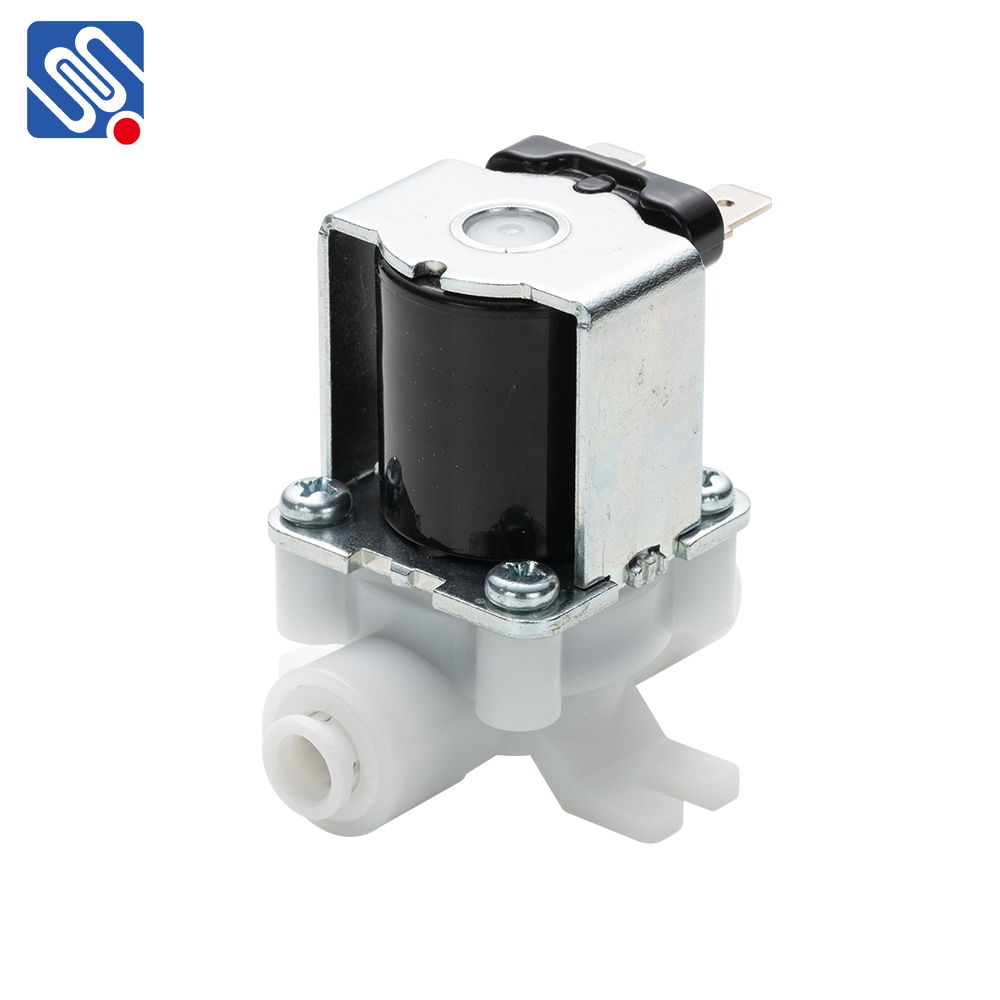In the food processing industry, maintaining the safety and quality of food products is of paramount importance. One of the essential components in food production lines is the solenoid valve, which controls the flow of liquids and gases in various applications. However, when these valves come into direct contact with food, they must meet rigorous standards to ensure they do not introduce any contaminants. This is where the concept of Food Grade Solenoid Valve Certification comes into play. The certification process ensures that solenoid valves are safe for use in food production by adhering to specific standards and regulations.

The Importance of Certification Food Grade Solenoid Valve Certification is crucial for ensuring the safety and quality of food products. Solenoid valves are commonly used in food processing plants to control the flow of ingredients, water, air, and other substances. If these valves are not properly designed and certified, they could potentially release harmful substances into the food, leading to contamination and posing a risk to consumer health. Certification is an essential way to ensure that solenoid valves meet stringent safety, hygiene, and durability standards. Certified valves must be able to withstand exposure to high temperatures, aggressive chemicals, and harsh cleaning processes typical in food manufacturing environments. They must also be made of materials that do not leach harmful substances into food and beverages.